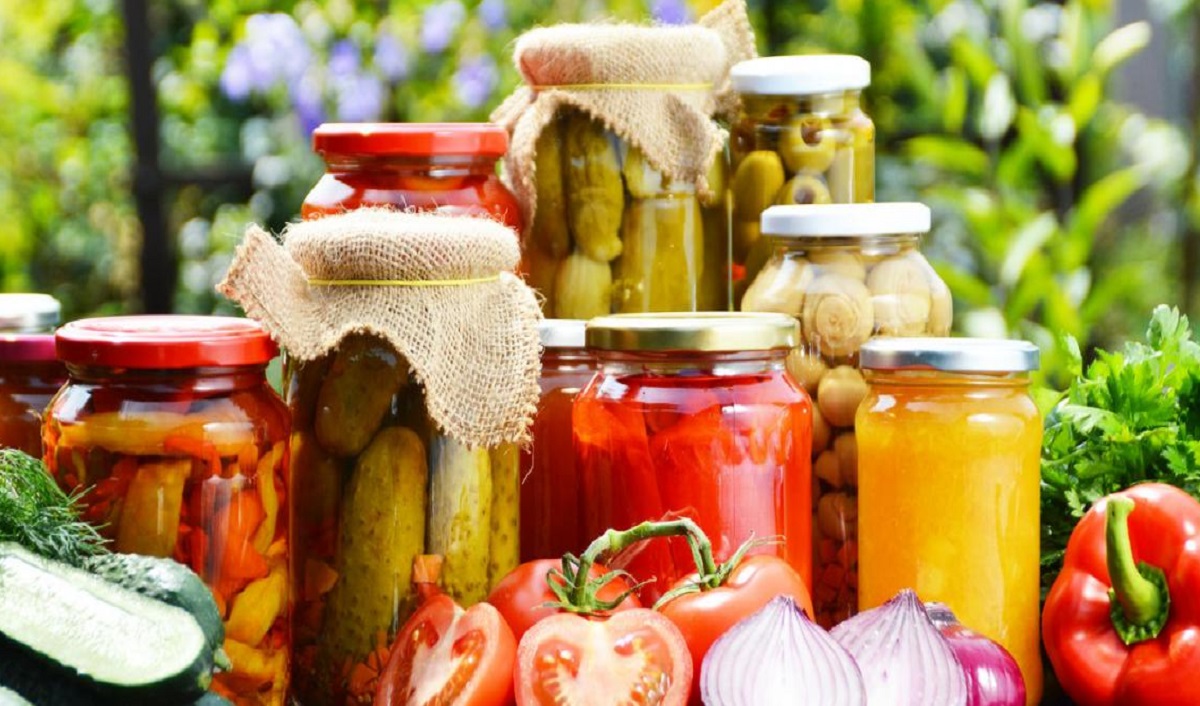
We’ve consumed good bacteria all our life. From dosas, idlis and dhoklas at breakfast, lassi after the lunches to the North Indian kanji in the winters, there isn’t much about the fermented food trend that should shock us Indians. We’ve been doing it for years. Yet, there is something to be discussed about the wave that food laden with good bacteria and yeasts has given rise to. Over the past few years, fermented foods have been inching into the limelight and gaining a lot of attention worldwide. While more and more people are becoming aware of the several health benefits; these foods are now openly experimented with.
Also Read: “Molecular gastronomy and the fermentation technique have always been in India”
In India, modern ferments are picking up. Restaurants and cafes such as Mumbai’s Olive Bar and Kitchen, Delhi’s Greenr Café and FabCafe, frequently organises fermentation workshops teaching rookies the basics of brewing kombucha and kefir, doing quick sauerkraut and so on. And Bengaluru has opened India’s first fermentary called Kobo, an e-shop dedicated to selling ferments only. Similarly, many new pop-up bakery shops like Mr And Mitts Bakery are experimenting with sourdough, and social media picking it up as highly nutritious food. One new restaurant in India that relies extensively on fermentation is the newly-launched Qualia in Mumbai.
According to Spoonshot’s proprietary data, between 2015 and 2019, interest in this space increased by 49.6 percent due to the associated health benefits. And the data predicts that the interest in fermentation will continue to grow because the technology meets the rising trend points which include health, wellness and sustainability.
“Ferment foods have existed in the Indian food repertoire for centuries, fermented foods consumed in moderation help with everything from aiding digestion, act as a natural laxative, boost immunity, boost gut health and weight loss. Now marketing wizards and nutritionists have started making fermented foods popular once more by using words like Probiotics, Gut Friendly, Weight Loss Management, etc,” Nachiket Shetye commented who is Mumbai-based hospitality professional with expertise across foodservice, restaurant consulting and culinary events and now a Co-Founder at Kytchens.
Food store shelves too are experiencing a rise in labels selling kefir and kombucha by artisanal producers like Zen Tiger, Bhu Kombucha and Atmosphere Kombucha. Then there are those who are making them and selling out of their homes, like Mumbai’s Bucha Bar. Others like Mo’s Kefir have a subscription service model too.
“It is good that people have started thinking about their health and diet plans which are of the essence in these days. People now are more aware and hence are extra careful about their heath by following specific diet plans,” Priyanka Tiwari, Founder of the Appumm House and Chairman & MD of Yaksha Hospitality said.
However, the roots of fermentation go back to Ayurveda, a 5,000-year-old tradition that emphasises the medicinal properties of food. Traditional Indian fermented foods contain probiotics and hence are also called Indian probiotics foods. Indian people find fermented food delicious and beneficial for health because they are rich in probiotics such as lactic acid bacteria and bifidobacteria.
Restaurant menus across the world are factoring in the trend for foods and turning their menu books to look similar to the ongoing buzz. “Fermented food is trending right now and hence it helps us to boost our sales,” said Tiwari who feels that nowadays, the restaurant business has become very competitive and owners felt the need to add fermented food to their menu because it reflects on their creativity and knowledge of the market.
Commenting on the same, Shetye added, “Lots of restaurants are using different cooking techniques and thus using fermentation as a technique to enhance their base ingredients, new dishes, unique mixes for their cocktail program and also introducing fermented food in desserts. Fermentation gives a unique taste to the food, adds aroma, subtle textures, makes food healthier and also aids in natural preservation.”
When breakfast plans are made at Shiv Sagar restaurant, the favorites are always the South Indian staples like the Idli, Wada, and Dosas. Many restaurants have agreed that by keeping south Indian dishes as a breakfast menu which includes fermentation, their sales do pick up.
“For the South Indians, it was a way to preserve the foods for longer in the tropical heat. These foods made from a fermented base are also a good way to start the day,” Vicky Bachani, Co-Owner of Shiv Sagar stated.
Majorly, fermentation is appealing to millennials as they are more open to experimentation and know the importance of preventive healthcare. Millennials have been exploring the trend and most of them seem extremely happy with the results. Dishes like kombucha, sour bread are pouring into Instagram feeds with millions of views and likes.
May Interest: Dealing with New Trends of Social Media Marketing
Fermented foods rest at the intersection of two huge trends, the demand for natural food products and foods that deliver added health benefits. And this is one of the many reasons why fermented food can be the next big thing.
Copyright © 2009 - 2024 Restaurant India.









